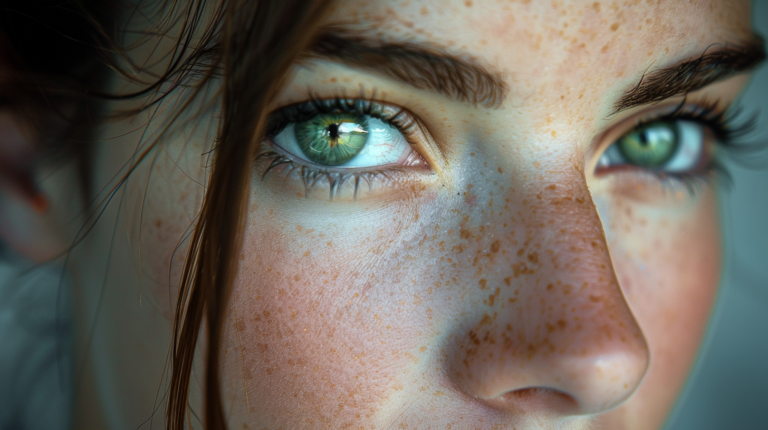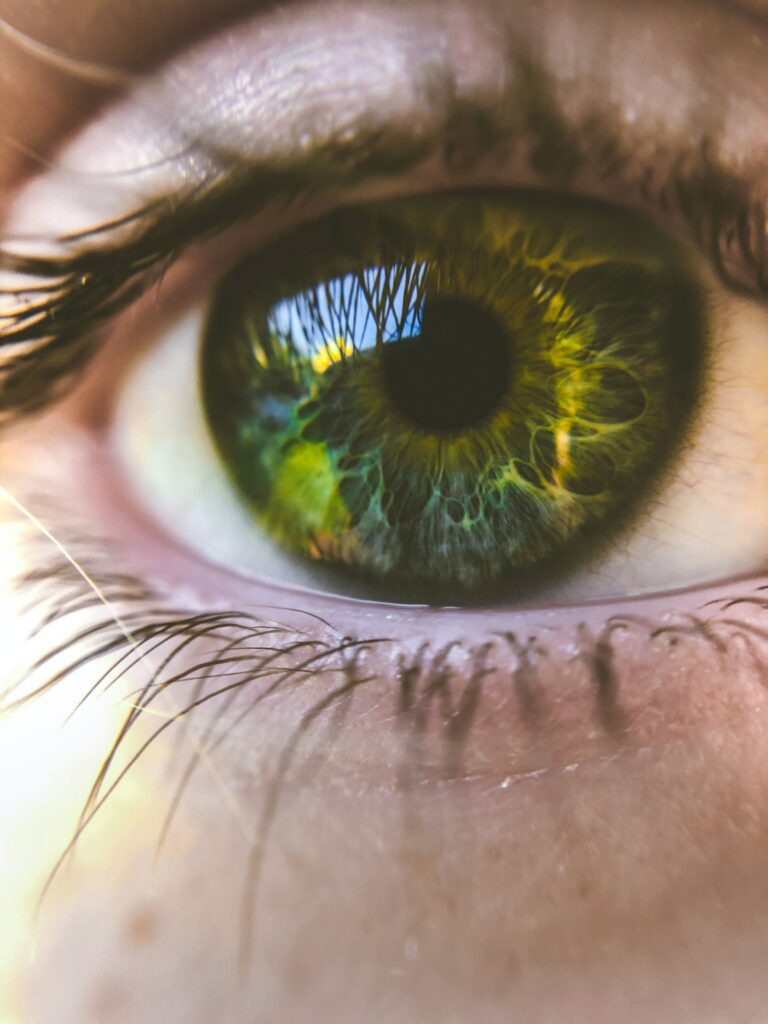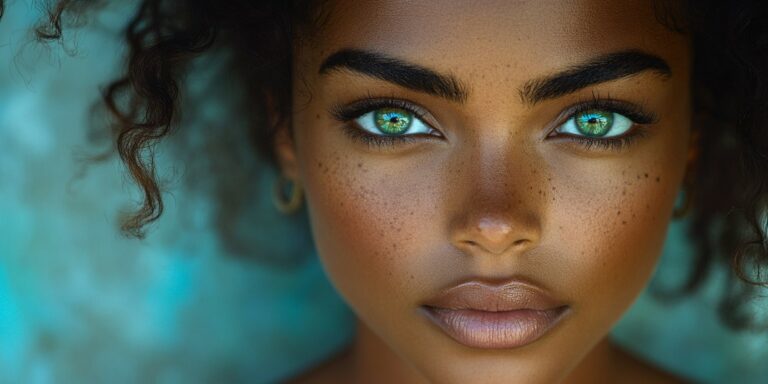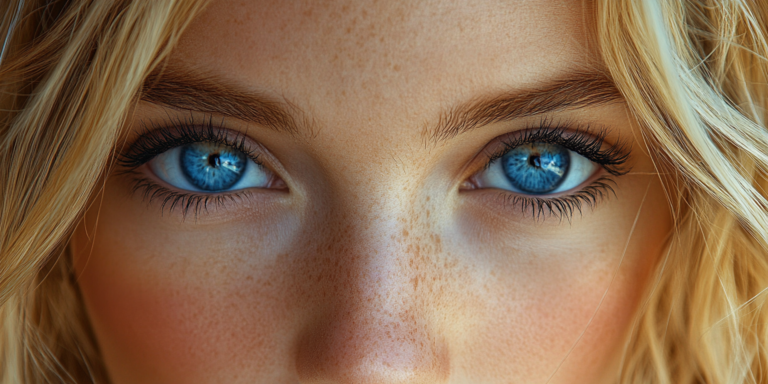Having a vision problem can be solved by wearing glasses or contact lenses. But an adapted diet can also help you improve your eyesight, as well as your health and that of your eyes.
Hippocrates said that the first medical remedy to be exploited to heal oneself was food. Some foods are more important than others because of their micro-nutrient content, which is essential to our vision. A balanced diet is therefore to be favored during your daily meals. You will then have less chance of having diseases such as glaucoma, age-related macular degeneration (AMD) or cataracts. Of course, diet is not a miracle solution, but it can help strengthen your body and your eyes to be healthier.

Micronutrients that are essential to your vision:
- Vitamins A, C, E:
These vitamins are especially important for your eyes as they can decrease the chances of getting AMD which could be due to a deficiency of these vitamins. Not only will you have better eyesight, but you will also be healthier.
Vitamin A strengthens the retina. To be taken at any age, it also allows the eye to have a better reaction to light and a better night vision.
The vitamin C brings you antioxidant properties and an anti-aging cell. It allows to protect your retinal cells and to slow down the development of the cataract.
Vitamin E also provides powerful antioxidants and protects your retinal cells. Like vitamin C, it helps your body fight against the onset of cataracts and AMD.
This trio of vitamins is absolutely necessary for your good health, but you should not neglect vitamin D which can be useful in particular against dry eyes and deterioration of vision.
- Omega-3s:
Omega-3 are polyunsaturated fatty acids that are important for our body. They are also extremely valuable for the health of our eyes. The most important omega-3 for the eye is docosahexaenoic acid (DHA) which allows the photosensitive cells of our retina to renew themselves.
- Lutein and zeaxanthin:
In addition to all the vitamins necessary for the proper functioning of the health of our eyes, these two pigments, lutein and zeaxanthin, are excellent antioxidants. They are part of the carotenoid family (of the carotene and xanthophyll family) and are orange and yellow pigments that are easily assimilated by our body. These pigments are essential for the prevention and slowing down of certain eye diseases such as AMD or cataracts. They can also fight free radicals that attack the retina. But they can also filter blue light as well as UVA rays, protect our eyes and improve visual quality at night.
- Zinc:
Zinc is also an essential food for your eyes. It will transport vitamin A from the liver to the retina which needs this vitamin to function normally. It is part of the antioxidant trace elements and helps to fight against cell aging. Zinc is a precious food to fight against macular degeneration.
Focus point:
All these foods are important for our daily health but must be taken with care: an under or over dosage could be dangerous and harm the health of our eyes.
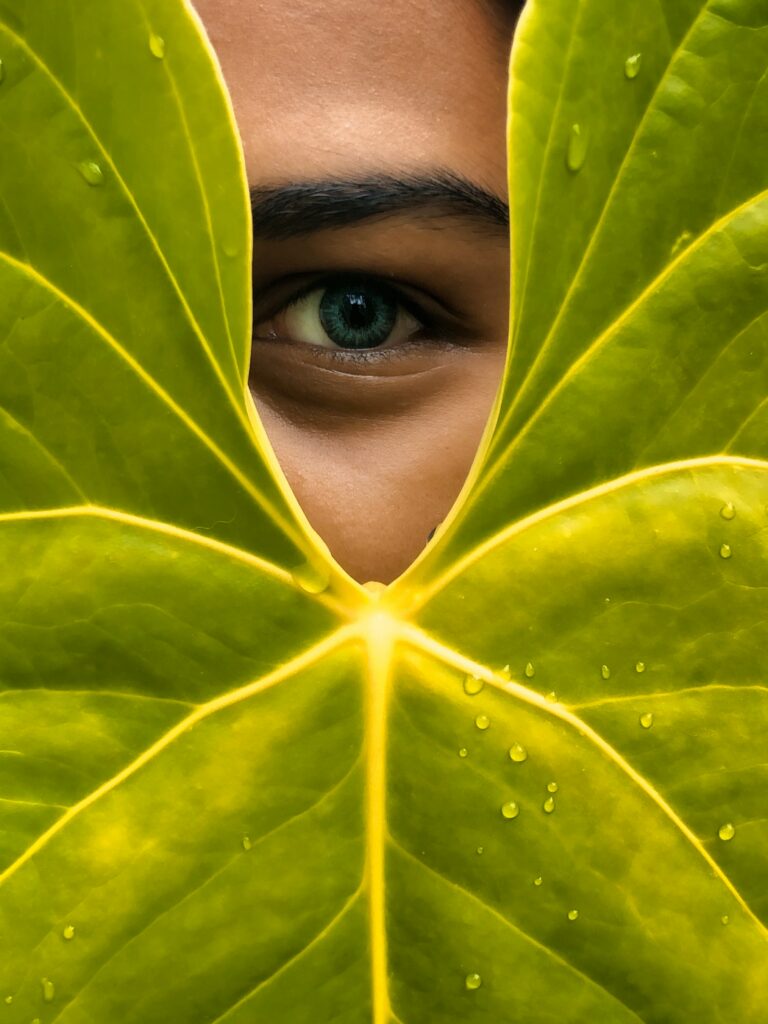
List of foods to prefer
- Citrus fruits rich in vitamin C (oranges, mandarins, clementines): they have powerful antioxidants and help reduce the risk of cataracts.
- Apples: an even more powerful antioxidant than citrus fruits, very good for your eyes.
- Oily fish (mackerel, sardines, salmon, herring): rich in omega-3, these foods are best for your eyesight.
- Shrimps: like other shellfish, they contain fatty acids that are essential for good health.
- Rapeseed oil: contains fatty acids, and in particular omega-3.
- Nuts: rich in vitamin E and omega-3, they are ideal for good vision.
- Almonds: like walnuts, they are rich in vitamin E and excellent for the eyes.
- Blueberries: rich in vitamin C, they are essential for night vision.
- Blackberries: have vitamins C and E and many antioxidants.
- Eggs: contain antioxidants that help fight AMD.
- The calf’s liver: allows an improvement of the sight notably at night with vitamins A and B.
- Spinach: protects our eyes from UV rays.
- Lamb’s lettuce: rare green food containing omega-3.
- Broccoli: rich in lutein and zeaxanthin.
- Asparagus: green food that is very effective in improving eyesight thanks to its B vitamins.
- Carrots: contain antioxidants and vitamin A to help fight AMD or cataract development.
- Corn: high in lutein and zeaxanthin, an excellent food for the eyes, to be taken with a little oil for a better absorption by the body.
- Cherry tomatoes: they contain quercetin, an antioxidant that is effective against certain eye diseases, cancers and allergies.
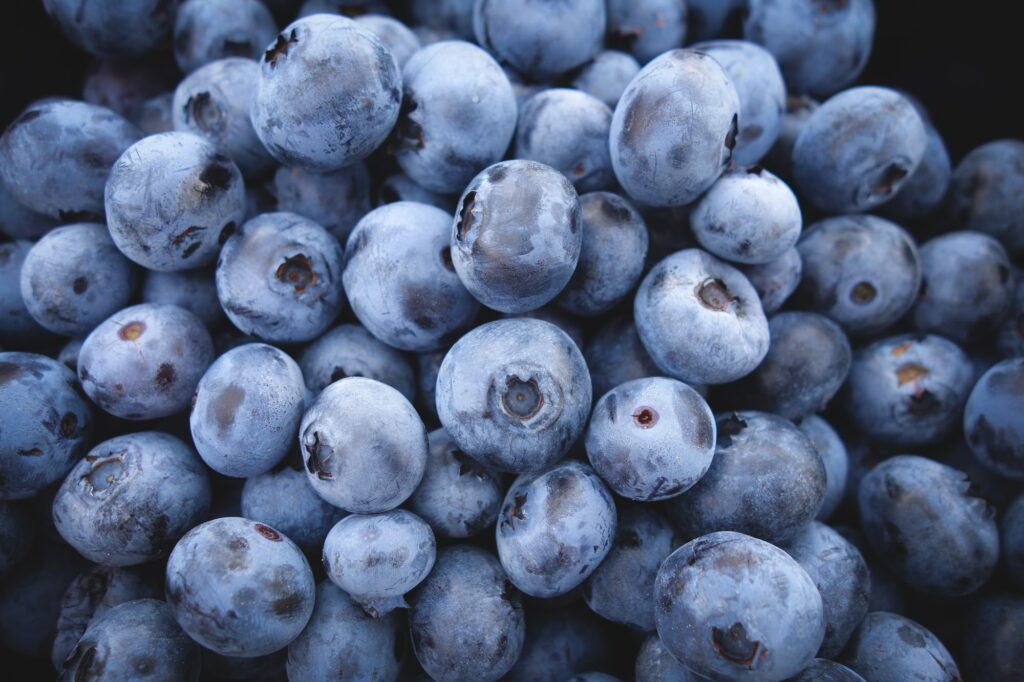
- Food supplements:
Also to be taken into consideration, because it is often difficult to eat most of these foods in one day. To find a proper quantity of these micro-nutrients, it is advisable to use food supplements. As the name suggests, these supplements help our body to complete a possible lack of micro-nutrients in our daily diet. They contain many nutrients, antioxidants, vitamins and trace elements. It all depends on the type of food supplements you need. It is therefore advisable to talk to a nutritionist or a health care professional who will advise you on the best supplements to take.
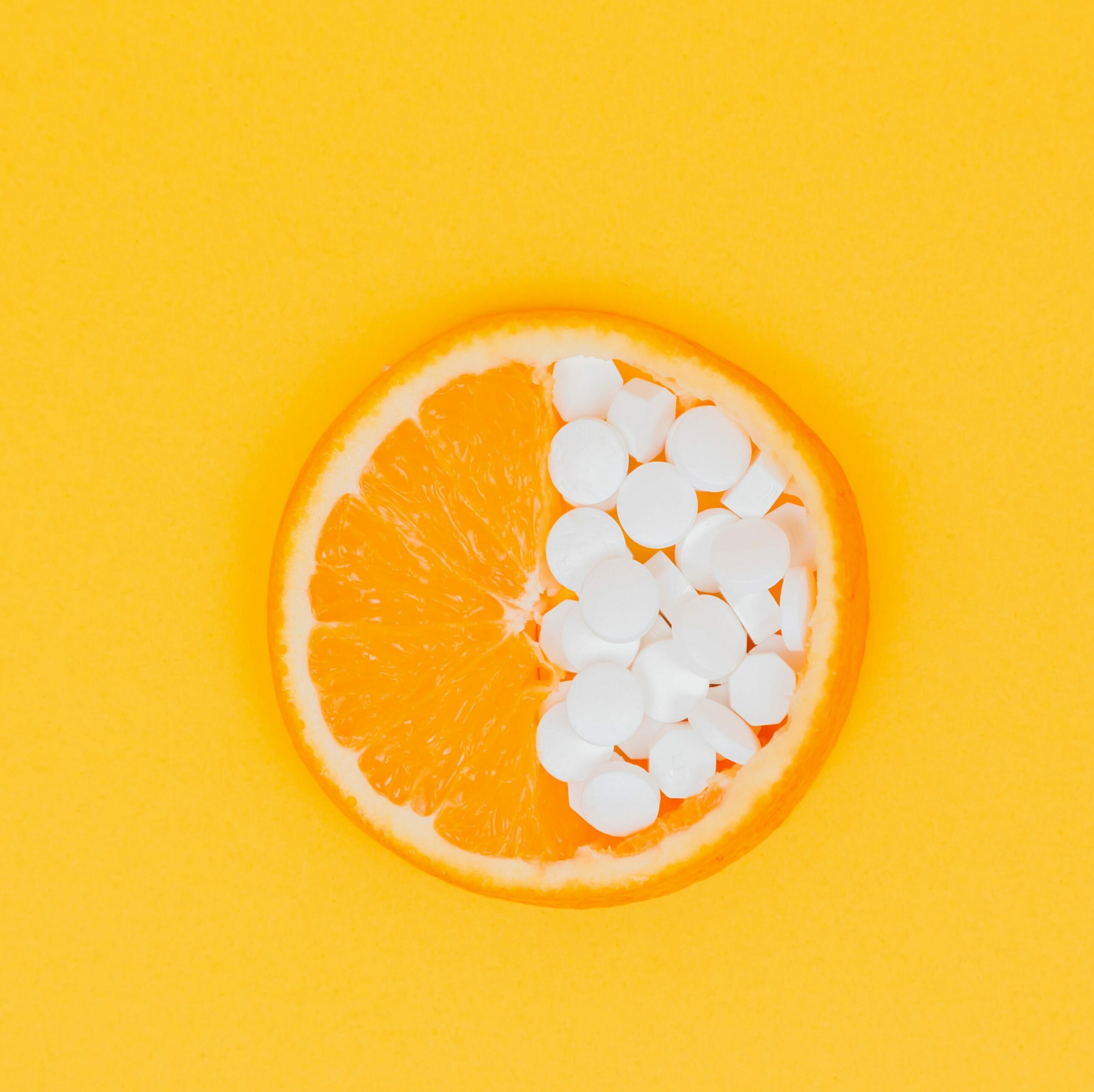
The worst foods for your eyes
Certain foods can be harmful to your eyesight, such as foods high in omega-6 (sunflower oil, certain cereals, certain meats and all industrial products). You should also be careful with bad fats such as deli meats and fried foods. The saturated fatty acids in these foods degrade the micro blood vessels in the eye tissues and therefore worsen your vision.
So if you follow a certain routine with foods that are good for your eye or your whole body, your eyes will thank you and you will have much better vision.


